With the 2023 Mississippi legislative session just beginning, Cassandra Welchlin spends her days honing her policy agenda and building a transformational leadership infrastructure with and for Black women in the state. The Mississippi Black Women’s Roundtable (MSBWR), led by Welchlin, equips, trains and mobilizes Black women with knowledge, tools and opportunity to access their own power.
“Black women have a voice and a voting strength that should inform and influence the policy tables that impact their kitchen tables,” she said.
Welchlin draws upon her background as a social worker and grassroots organizer to shift power through civic engagement, leadership development and policy advocacy for and with Black women and girls in their own communities. MSBWR champions public policies to advance women’s economic security (e.g., livable wages, equal pay, access to reproductive and affordable health care, childcare, paid leave and sick leave); increase voter participation and protect voting rights through civic engagement; increase intergenerational leadership for long-term movement; and provide care and support to the community.
Welchlin said MSBWR’s work is rooted at the intersection of race, gender and economic justice. Intergenerational organizing is deeply embedded in the organization’s strategy and its values, and engaging both women and girls is a reflection of that approach.
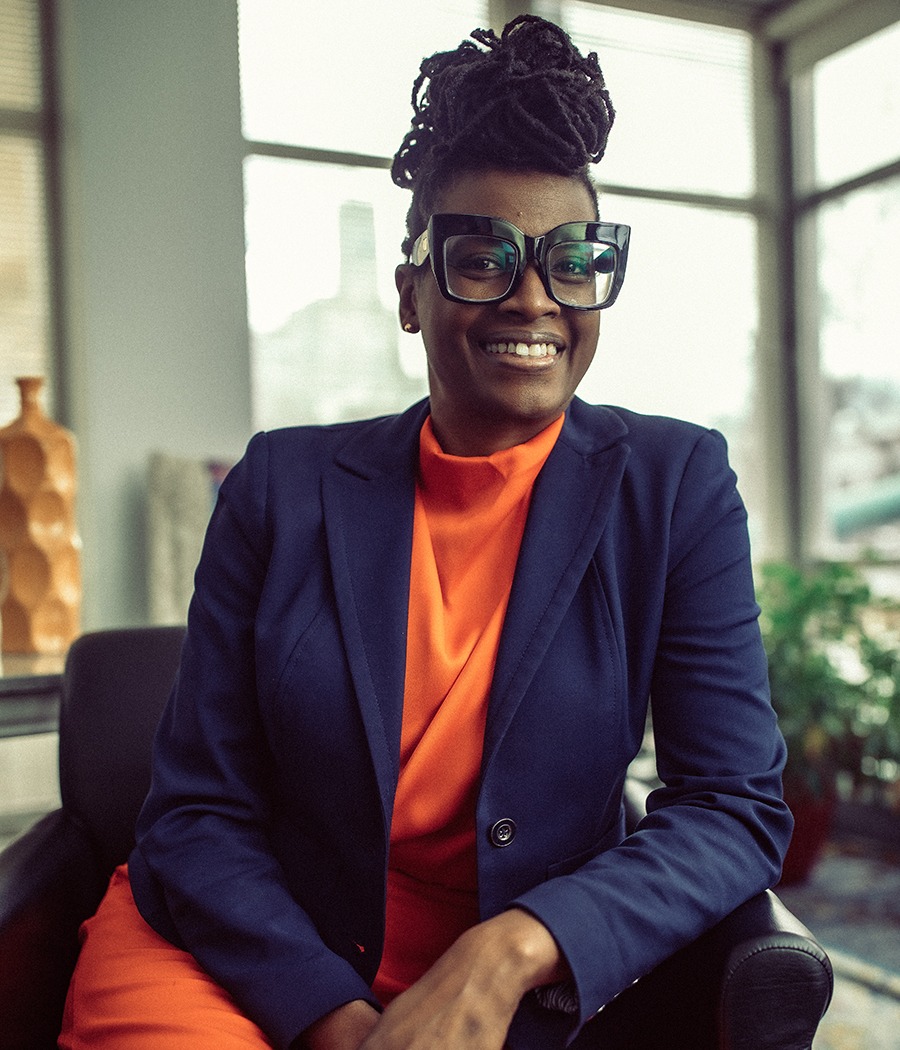
"Ultimately, we want to build an incredible army of Black women to take seats at policy tables at the local, county and state level. In the spirit of Fannie Lou Hamer, Ida B. Wells, and so many others, we continue to forge a pathway for Black women to be part of the formation and implementation of the public policy process."
Cassandra Welchlin
Welchlin’s drive to dismantle systemic barriers to economic security can be traced back to her own childhood. She grew up in subsidized housing, and her mother earned $2.13 an hour on a job cleaning the Woolfolk State Office Building in downtown Jackson.
“My mother’s work life taught me what justice was. I remember going to work with her. When we would get to her job at the Woolfolk building, she would hide me in the utility closet with her colleague, who was also a maid,” Welchlin said. “She changed the tissue, mopped the floors and cleaned the toilets.
“My mother didn’t have enough resources to take me to childcare. Interestingly, she worked across the street from the Capitol, the seat of power. The men there had the power to write a bill and raise her wages, but they didn’t.”
Welchlin’s rallying cry for Black women’s economic security goes out in a state with a history of systemic racism and predominantly White leadership. (No person of color currently holds a statewide office and no Black woman has ever held one.) She points to a September meeting of a Senate study group on women, children and families.
“We know that Black women and children have the highest poverty rate in Mississippi, and it’s crucial that the recommendations coming out of the study group are equitable and beneficial. Therefore, we were involved in providing information to committee members,” Welchlin said.
She’s undeterred by setbacks, including this year’s passage of Mississippi’s new equal pay law which she calls an unequal pay law because it allows employers to justify pay gaps based on factors including salary history, negotiation and gaps in employment. She’ll advocate that the law be amended in the 2023 legislative session. In the meantime, she’s working directly with municipalities through their Equal Pay Committed Cities Campaign, which seeks to close the race and gender wage gap and adopt local policies and practices that move women to economic security, like the ordinance passed in Jackson in 2019.
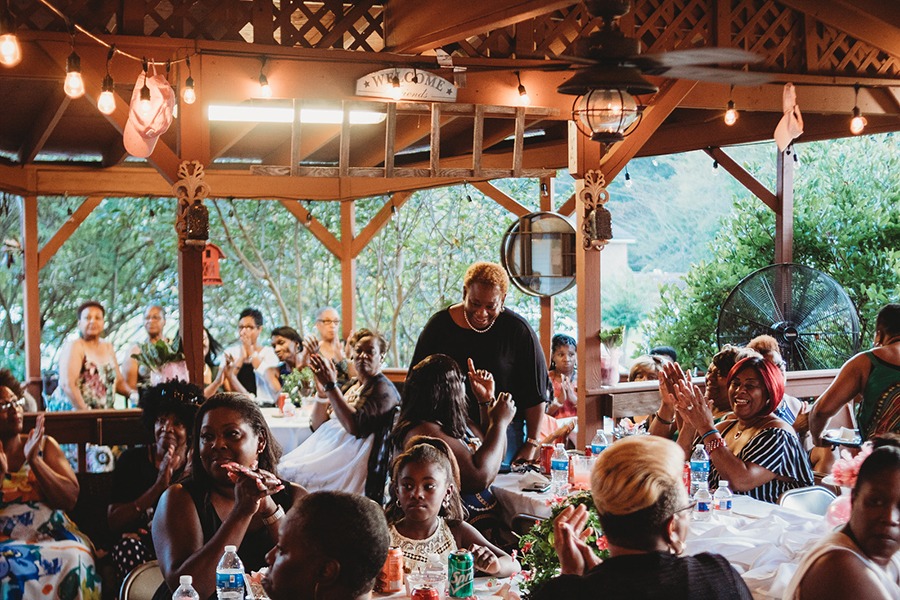
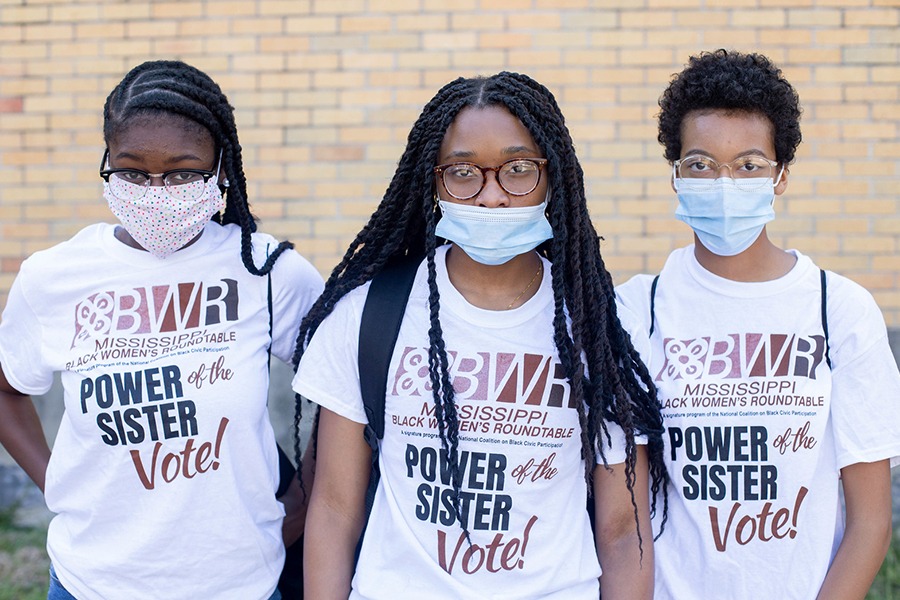
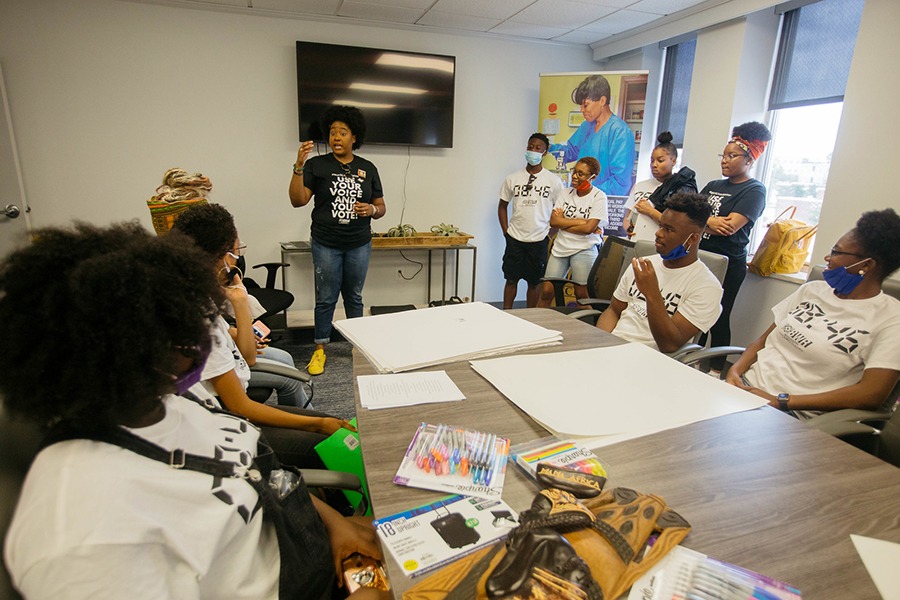
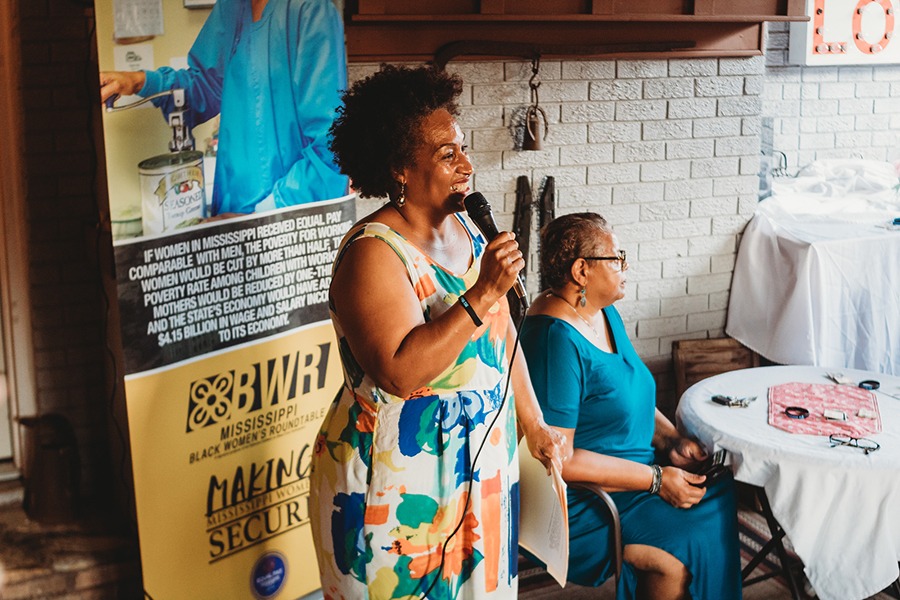
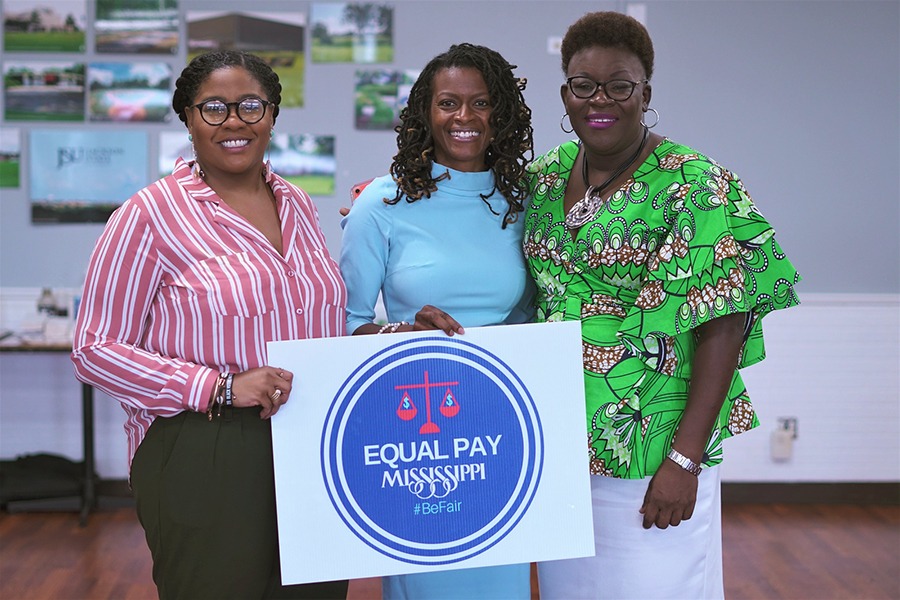
Photo credit: Mississippi Black Women’s Roundtable
When Welchlin walks the marble floors of the Capitol, she’s usually accompanied by a cadre of women. They tell their stories, shaping the narrative of Black women and their families, describing how they cannot get time off work to go to their children’s school programs or take a sick child to the doctor. Coupled with the stories are data:
- In Mississippi, Black women earn 55 cents for every $1 White men earn.
- A single mother earning a median income of $26,305 has to spend nearly 40% of her income to pay for childcare for an infant and 4-year-old.
- The poverty rate for Black women in Mississippi is 36.2%, nearly three times the rate for White women.
- Eight out of 10 Black women are the breadwinners or co-breadwinners of their families.
“We’re putting a face to the data,” Welchlin said. “We’re talking about paid sick leave and pregnancy accommodation – all those things that women need to be safe and keep their jobs.”
Welchlin, who earned a master’s degree from Brandeis University in the Heller School for Social Policy and Management and an undergraduate degree in social work from Jackson State University, has been a vocal advocate for Mississippi families for two decades, educating them about their rights, organizing voter registration drives and elevating the discussion about Black women’s economic security.
The MSBWR, a nonprofit organization that has received grant funding from the W.K. Kellogg Foundation, conducts leadership institutes with Black women and girls and is partnering with the U.S. Equal Employment Opportunity Commission to host town hall meetings to educate women about their rights to fair wages.
The tireless advocates and policy experts that form the MSBWR team of seven also are embedded in the community, addressing needs that range from access to clean water to rental assistance. This team also stands guard at the state Capitol to defend against restrictive legislation while advancing equitable policies at the local, state and federal level. And, they are in the neighborhoods canvassing communities to call voters to action. When the city of Jackson’s water treatment system failed in August, MSBWR, as part of the MS Rapid Response Coalition, distributed bottled water to residents. During that time, the organization also provided laundry services to families in need. That’s how Tamara Travis first crossed the Roundtable’s path.
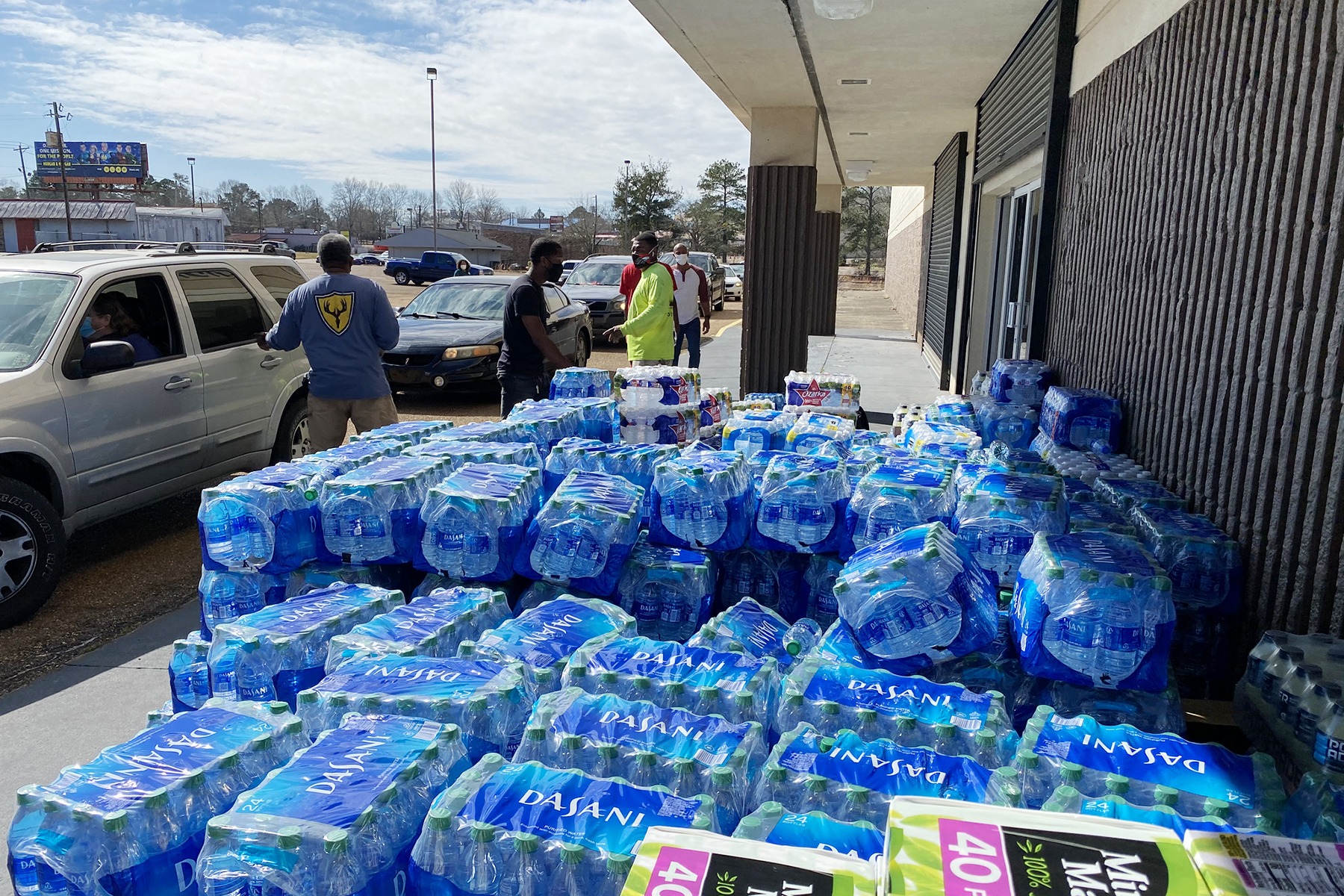
After arriving at a neighborhood laundromat, Travis learned she didn’t have to pay to clean her family’s clothes. Melissa Overton, MSBWR’s community outreach coordinator, said the nonprofit had partnered with Keyway Laundromat to cover customers’ costs that day. They assisted 350 families.
“I was shocked they were doing that. When I told her about the problem I was having paying rent, she said they could help with that, too,” said Travis, who is a caregiver for her toddler grandson.
Overton explained that MSBWR has received funding from various organizations and individual donors to provide assistance for rent and utilities to eligible families. The rent is paid directly to property managers. So far, some 200 families have been supported, and most are single-parent households.
The work hits close to home for Overton.
“I was a single mom. Living paycheck to paycheck is hard. And for most Black women in the state, that’s how they live. Sometimes you’re looking at your bills and think, ‘What can go lacking this month?’”
Eliminating those kinds of economic quandaries is at the core of the Roundtable’s mission.
One of the organization’s latest initiatives, the First Ladies and Church Woman Club, has become an important tool for igniting activism, Welchlin said.
Each Thursday, Welchlin’s team meets with women church leaders from across the state via Zoom for a six-week training institute related to communications, advocacy and organizing. After successfully completing the program, the women are charged with sharing their newly-acquired skill set with other women in their churches and communities and organizing for long-term movement building.
“We’re equipping them so they’ll be ready for the legislative session,” Welchlin said. “They are the ambassadors who will activate other women and girls and identify women who will share their stories.”
Read More
- Tomika Anderson, “Meet the Wage Warrior Who Is Working to Close the Pay Gap,” Oprah Daily, Jan. 26, 2023
- Michael Goldberg, “Maternal deaths and disparities increase in Mississippi,” Jan. 27, 2023

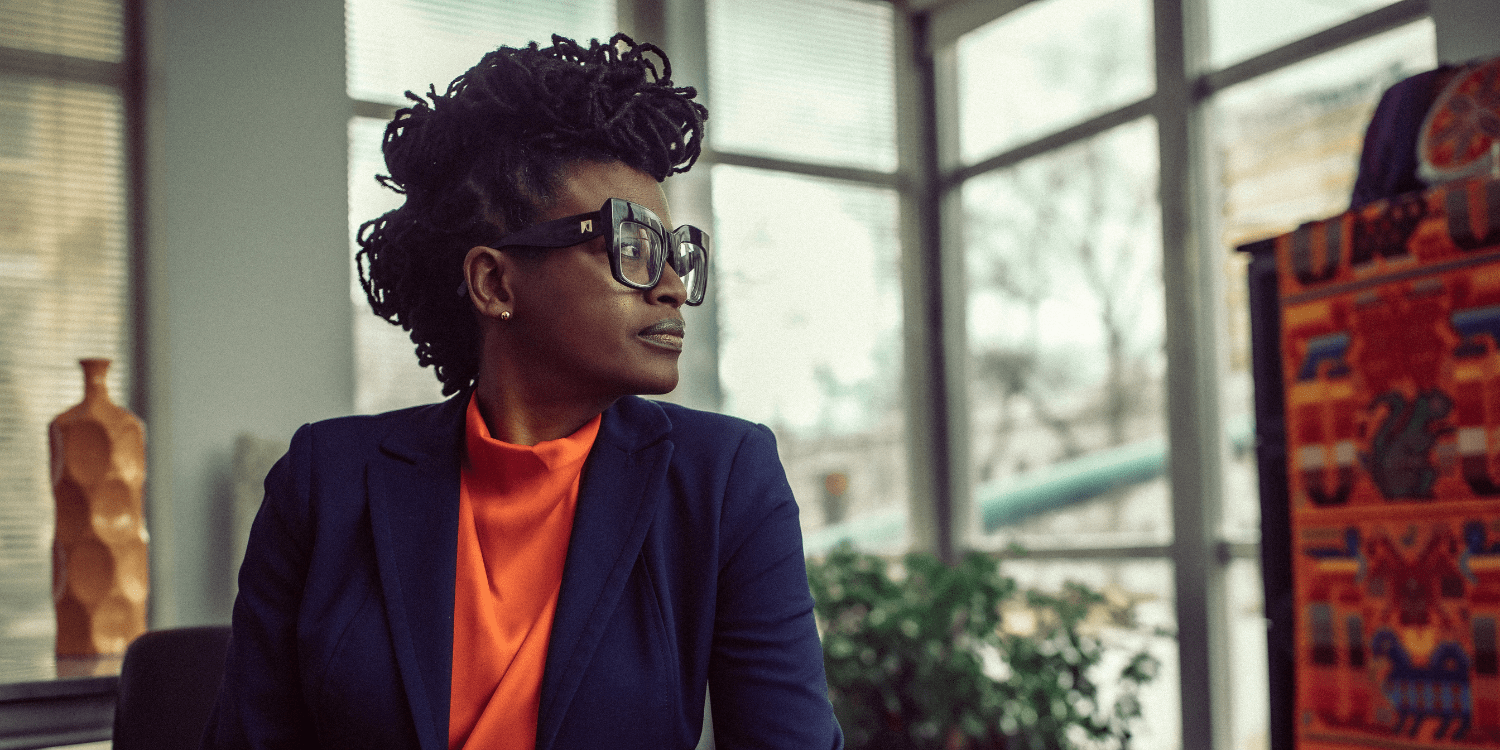
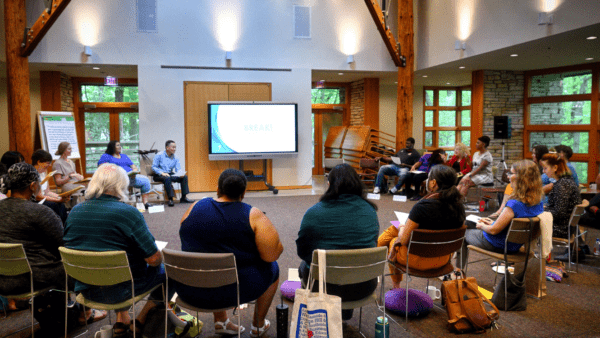
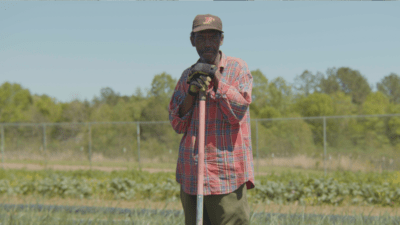

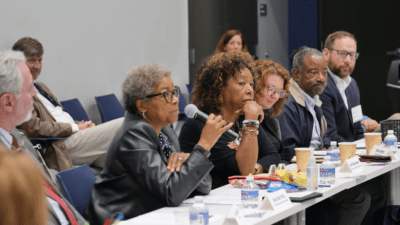


Comments